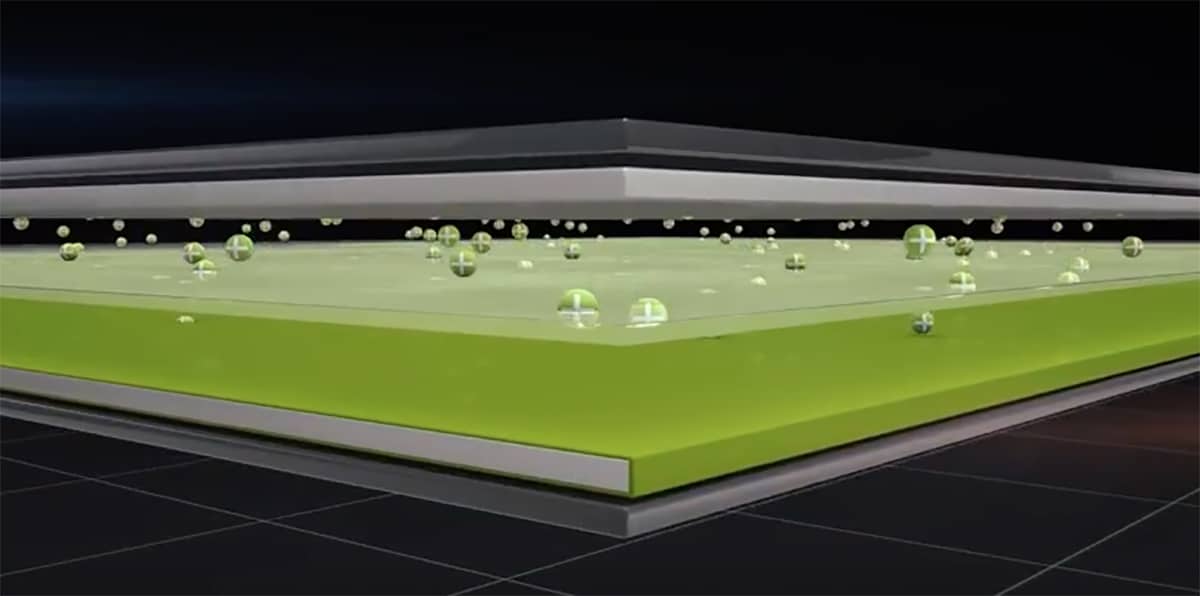Panasonic, a major supplier of batteries for Tesla, is set to begin mass production of its groundbreaking 4680 cylindrical battery cells at its revamped Wakayama plant in Japan. This innovation is poised to significantly impact the electric vehicle (EV) industry by improving performance and reducing costs.
A Giant Leap in Battery Technology
The 4680 battery cells, named for their dimensions of 46 millimeters in diameter and 80 millimeters in length, represent a significant upgrade over the company’s existing 2170 cells. These new cells boast five times the capacity of their predecessors, enhancing energy density and vehicle range.
Notably, the 4680 cells are lighter and more compact, requiring fewer supporting materials. According to earlier predictions, these attributes could result in up to a 16% increase in effective driving range for EV’s that incorporate the technology. This breakthrough aligns with industry goals to enhance battery efficiency while reducing production costs.
Innovative Production Facility
Panasonic’s Wakayama facility will serve as a central hub for 4680 cell production and a testing ground for other advanced battery technologies. By March 2024, the plant is expected to employ approximately 400 workers.
The facility is designed with sustainability in mind, utilising solar and wind energy to minimise carbon dioxide emissions. Panasonic aims to make the plant nearly carbon-neutral, contributing to broader efforts to combat climate change and improve public health by reducing air pollution.
A Catalyst for EV Affordability and Adoption
The 4680 cells are expected to drive down EV manufacturing costs, which could make electric vehicles more affordable for consumers. The timing aligns with a surge in EV adoption; global sales almost reached 14 million units in 2023, a substantial increase from 10 million in 2022, according to the International Energy Agency.
In the United States, generous tax incentives of up to $7,500 for EV purchases further enhance the appeal of cleaner transportation options. With these factors in play, Panasonic’s 4680 batteries could become a critical component in the next wave of electric vehicles.
The Road Ahead
Panasonic’s advancements are part of a larger trend in battery innovation, with researchers worldwide exploring alternative materials such as potassium and sodium to achieve similar goals of improved performance and reduced costs.
As Panasonic integrates the 4680 cell into its product lineup, the company aims to meet a wider range of consumer and industry needs, advancing the global transition to sustainable transportation. If successful, the 4680 cell could mark a pivotal moment for the EV industry, delivering better performance and affordability while supporting environmental goals.



